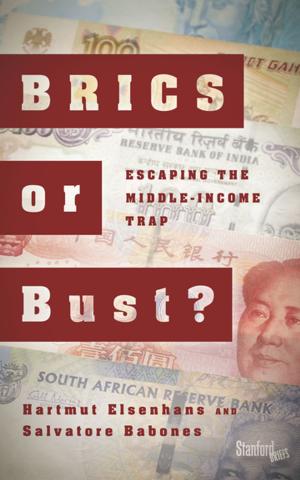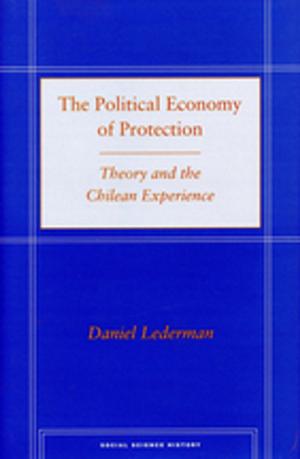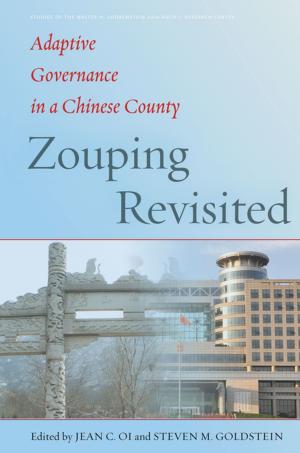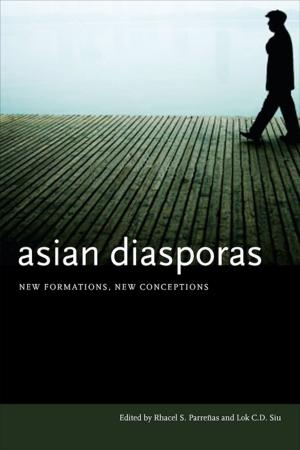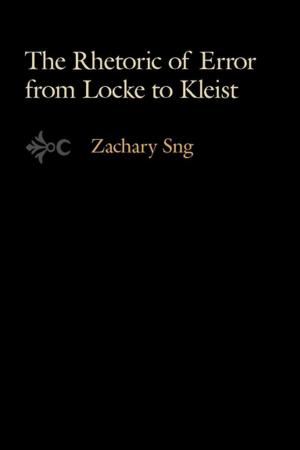State-Sponsored Inequality
The Banner System and Social Stratification in Northeast China
Nonfiction, Social & Cultural Studies, Social Science| Author: | Shuang Chen | ISBN: | 9781503601635 |
| Publisher: | Stanford University Press | Publication: | April 11, 2017 |
| Imprint: | Stanford University Press | Language: | English |
| Author: | Shuang Chen |
| ISBN: | 9781503601635 |
| Publisher: | Stanford University Press |
| Publication: | April 11, 2017 |
| Imprint: | Stanford University Press |
| Language: | English |
This book explores the social economic processes of inequality in nineteenth- and early-twentieth-century rural China. Drawing on uniquely rich source materials, Shuang Chen provides a comprehensive view of the creation of a social hierarchy wherein the state classified immigrants to the Chinese county of Shuangcheng into distinct categories, each associated with different land entitlements. The resulting patterns of wealth stratification and social hierarchy were then simultaneously challenged and reinforced by local people.
The tensions built into the unequal land entitlements shaped the identities of immigrant groups, and this social hierarchy persisted even after the institution of unequal state entitlements was removed. State-Sponsored Inequality offers an in-depth understanding of the key factors that contribute to social stratification in agrarian societies. Moreover, it sheds light on the many parallels between the stratification system in nineteenth-century Shuangcheng and structural inequality in contemporary China.
This book explores the social economic processes of inequality in nineteenth- and early-twentieth-century rural China. Drawing on uniquely rich source materials, Shuang Chen provides a comprehensive view of the creation of a social hierarchy wherein the state classified immigrants to the Chinese county of Shuangcheng into distinct categories, each associated with different land entitlements. The resulting patterns of wealth stratification and social hierarchy were then simultaneously challenged and reinforced by local people.
The tensions built into the unequal land entitlements shaped the identities of immigrant groups, and this social hierarchy persisted even after the institution of unequal state entitlements was removed. State-Sponsored Inequality offers an in-depth understanding of the key factors that contribute to social stratification in agrarian societies. Moreover, it sheds light on the many parallels between the stratification system in nineteenth-century Shuangcheng and structural inequality in contemporary China.

